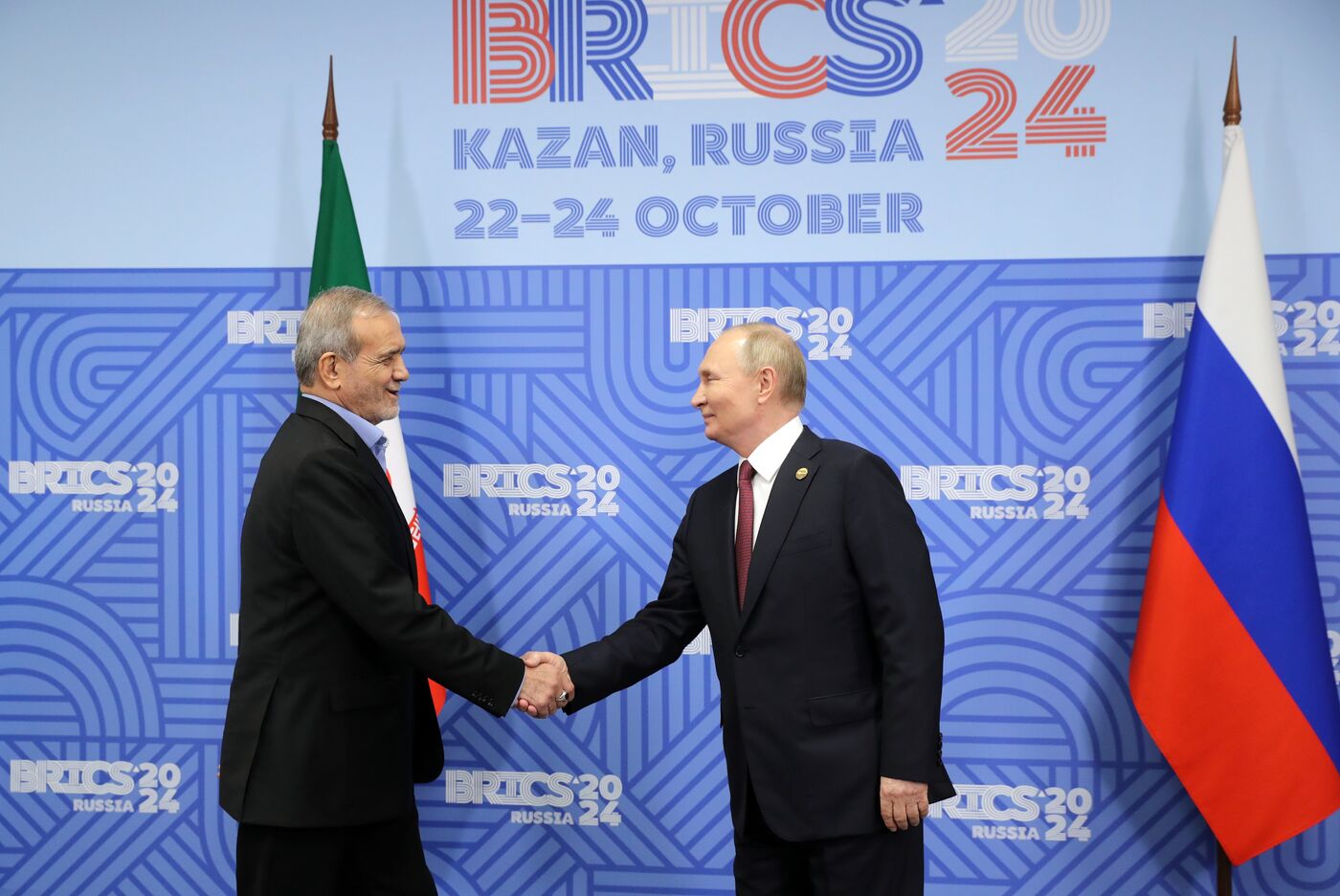ARTICLE AD BOX

Jerusalem (AFP) – Israeli Prime Minister Benjamin Netanyahu is visiting Washington to speak at the United States Congress this week in a context of tense relations between the two countries over the Gaza war
His visit comes just after President Joe Biden dropped out of the presidential race.
US officials have criticised the toll that Israel's war against Hamas militants in Gaza has had on Palestinian civilians. But experts interviewed by AFP said American support for Israel remains steadfast, as suggested by words of the US invitation for Netanyahu to "highlight America's solidarity with Israel".
Invited despite the war?
Across United States campuses and on the Democrats' left wing, calls to pressure Israel to end the war in Gaza have reached unprecedented levels. Such appeals have not, however, convinced establishment Democrats to apply significant pressure to bring the war to an end, the analysts told AFP.
Netanyahu was invited by both Republican and Democratic congressional leaders.
Chuck Freilich, a former Israeli national security adviser, told AFP that the idea came from Republicans, and "Biden and the Democrats had to go along with it".
Michael Horowitz, a geopolitical analyst for Le Beck International, a Middle East-based security consultancy, said the visit will force Democrats "to find a complicated balance" between opposition to war casualties and historic support for Israel.
Mairav Zonzsein, an International Crisis Group analyst, said Netanyahu's invitation despite popular protests "shows that there's a lot of gaps and contradictions in the American positioning on the war in Gaza right now."
How are US-Israel relations now?
"There's a lot of rhetoric, there's been a lot of pushback throughout this war on the humanitarian issue," said Zonzsein, citing the stalling of arms shipments and sanctions on Israeli settlers, which the academic says are unprecedented.
But, she added, it would take more to change the diplomatic status quo between the two countries.
"I don't think you can say there's a crisis in the US-Israeli relationship because that's something that is so ingrained in both American and Israeli politics".
Freilich had a similar view.
"I wouldn't say at the moment there's a crisis, but there's a lot of tension there, and the next few months will have an important impact on where it goes."
What about weapons to Israel?
After initial delay the US eventually approved a 500-pound bomb shipment to Israel, but the Biden government is still withholding a shipment of 2,000-pound bombs, over concerns for civilian casualties.
The mere mention of arms supply restrictions is unprecedented.
"In the past, no one ever raised the issue of arms supply. It was self-evident, the arms relationship, and almost sacred, so to speak," said Freilich.
He said though the embargo on 2,000-pound bombs could have been lifted during Netanyahu's visit, "it's harder for the US now after the attack on (Mohammed) Deif, where I think it was four 2,000-pound bombs used".
On July 13, an Israeli bombing operation in Gaza aimed at Deif, the Hamas military commander, in the southern area of Al-Mawasi killed more than 90 people, according to the health ministry in Hamas-run Gaza.
"I don't think the Biden administration will change its mind during Netanyahu's visit", said Horowitz of the 2,000 pound bombs.
What effect of Biden's withdrawal?
Biden's announcement Sunday that he would not seek re-election in November and his support for his Vice-President Kamala Harris as the Democratic nominee changes the terms of Netanyahu's visit, but not of the fundamental relationship, analysts said.
"He's in an even more difficult position now to appease the Democrats", said Freilich, making the visit "even more unnecessary" in his view.
Zonszein concurred, arguing that Biden's withdrawal ahead of the meeting showed that "this trip was in many ways quite meaningless, both for the Israeli public and for the American public."
She added that Biden's withdrawal makes Netanyahu's incentive to meet Donald Trump all the more urgent.
Though the experts AFP spoke with agreed on this, none could tell whether Netanyahu would manage to meet the former Republican president.
.png)
 4 months ago
3
4 months ago
3








 English (US)
English (US)